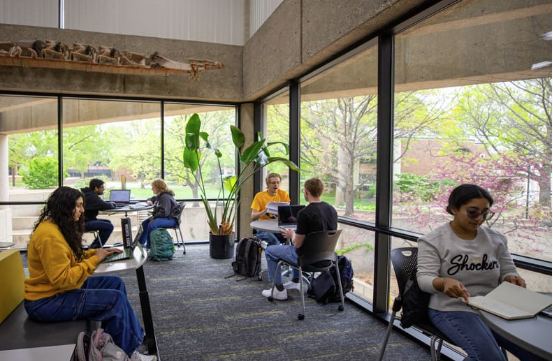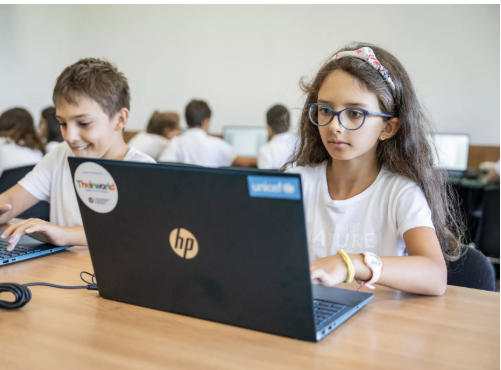Staying on top of academic deadlines in 2025 requires a proactive approach, effective planning, and the smart use of available digital tools. As school schedules become more dynamic and students juggle multiple responsibilities, developing strong time management habits is essential for academic success.
The first step to staying ahead is organizing all academic obligations in a central location. This could be a digital calendar, planner app, or physical notebook. Key dates for assignments, projects, exams, and extracurricular commitments should be logged and updated regularly. Many students benefit from using platforms such as Google Calendar, Notion, or Trello to visualize their schedules and receive timely reminders. These platforms also allow for color coding, categorization, and collaboration with classmates when working on group tasks.
Setting weekly and monthly goals helps break down large assignments into manageable steps. For example, if a research paper is due in three weeks, planning phases such as topic selection, source gathering, outline creation, drafting, and editing can be assigned to specific days. This method helps reduce last-minute stress and improves the quality of submitted work. Students who consistently use this method find themselves better prepared and more confident when due dates approach.
Time-blocking is another useful strategy. Students can allocate dedicated time slots for study sessions, homework, and review, while also scheduling in breaks to maintain mental focus. Consistency is key—developing a routine helps the brain adapt to a productive rhythm. Morning or evening study routines, depending on a student’s natural productivity rhythm, can be established to reinforce academic habits.
In 2025, technology can be a major asset. Reminder apps, task managers, and browser extensions like StayFocusd or Forest can limit distractions and support focused study periods. AI-driven learning platforms can also assist in identifying weak areas and creating personalized study plans. Some academic platforms even sync with classroom assignments, helping students track deadlines automatically. These digital solutions are particularly helpful for students managing a hybrid or fully online learning environment.
Maintaining communication with teachers and peers also plays a role in deadline management. Asking for clarification ahead of time, forming study groups, and seeking feedback on drafts can provide guidance and accountability. Educational institutions increasingly use online portals or communication apps to facilitate interaction between students and instructors, making it easier to stay updated and informed.
In addition to academic strategies, creating a conducive study environment is vital. A clean, organized workspace free from distractions can significantly boost productivity. Noise-canceling headphones, proper lighting, and comfortable seating contribute to a focused atmosphere where students can work efficiently.
Finally, self-care should not be overlooked. Sufficient sleep, balanced meals, physical activity, and downtime are vital to maintaining energy and mental clarity. Overworking can lead to burnout, which undermines academic performance. By prioritizing both wellness and organization, students position themselves to consistently meet deadlines and perform at their best. Time spent on relaxation and hobbies is equally important for long-term success.
With the right tools, planning habits, and mindset, students in 2025 can take control of their academic responsibilities and stay ahead of deadlines throughout the school year. Mastering these skills early not only benefits high school performance but also lays a strong foundation for success in college and the workforce.














